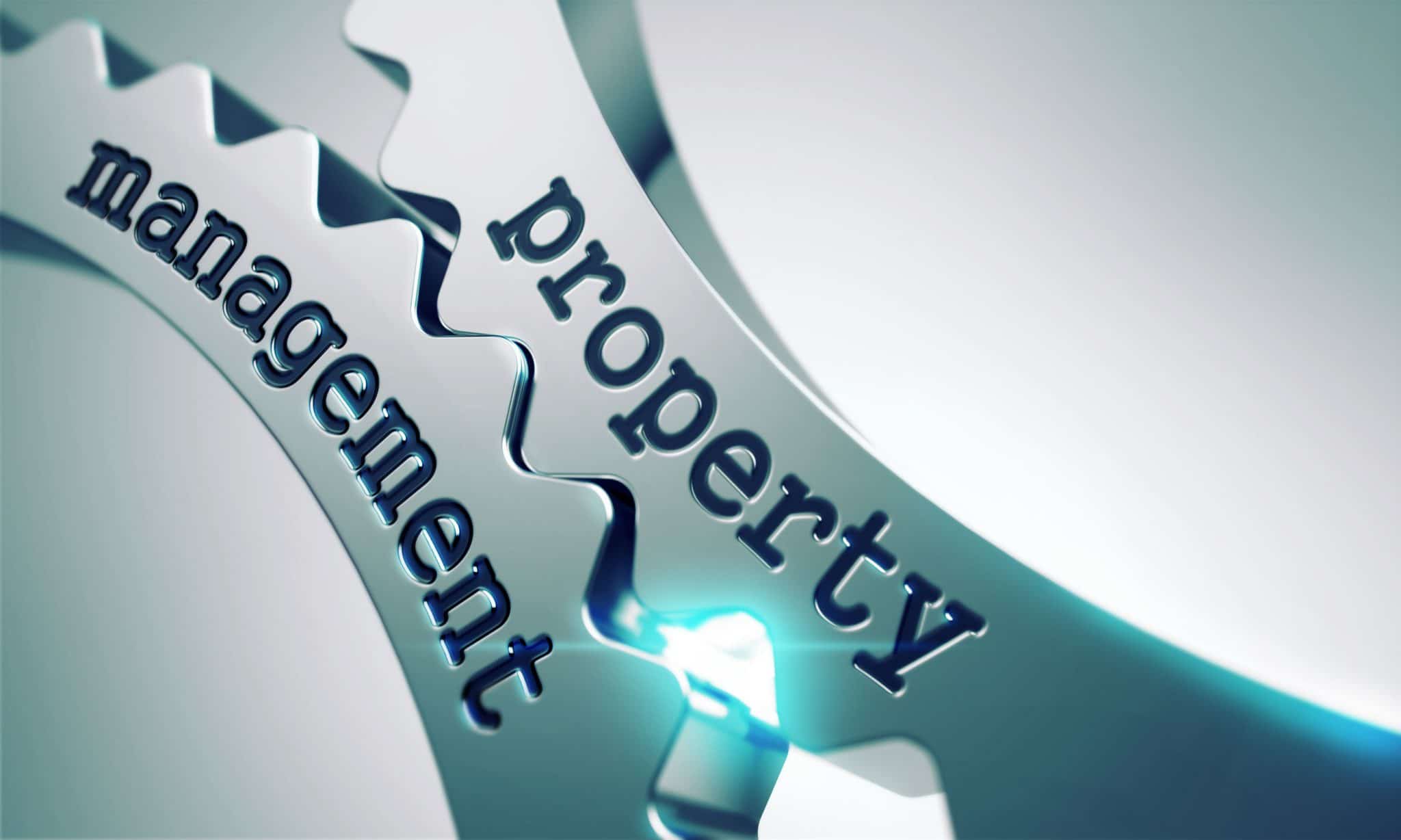
Managing residential properties is no joke. On behalf of the investor, it requires both time and effort – otherwise things can become a downhill mess very quickly.
Many landlords treat their property as an add-on, as some kind of hobby; something that they do in their spare time or something that they take for granted.
That mindset can have an enormously negative impact on your bottom line. That’s why today we review some of the most common mistakes that landlords make when managing residential properties – mistakes that have become all too pervasive.
Stay semi-detached
As the landlord, it’s easy to become too attached to your investment.
After all, you are the owner; an individual with intimate knowledge of the property, its history and what renovation work it has recently undergone. However, being the owner can also cloud your vision. You can perhaps become too confident, ignoring issues or valuing the property at a rate much higher than the market average.
Setting the rent too high has enormous implications. For many landlords, it means letting the property go vacant for many weeks, even months – shattering your bottom-line over the short and long-term. Landlords should have a semi-detached relationship with their property – attached enough to deal with the many issues that arise whilst also sufficiently detached to objectively see where your property belongs in the current marketplace.
Similarly, you must treat potential and current tenants from a semi-detached position. This means avoiding an overly close relationship with the tenant. Tenants who become too comfortable with their landlord are more likely to ask for favours. Landlords are also less likely to implement the lease agreement for fear of tenant reaction.
When choosing tenants, you need to be objective – and not relying on instinct. Many tenants are excellent salespeople. They can convince you, through emotion, that they are the perfect tenant for the property – a reliable, trustworthy and financially secure tenant whom you will have no problems with. The reality is often very different. That’s why it remains paramount that you conduct the necessary checks – both financial and reference-wise – to ensure the tenant really does measure up in the way he claims to.
Be unafraid to invest
Many investors take a detrimental, laid-back approach toward managing their property. For example, it is well known that properties are expensive to maintain. Many landlords forego the use of professionals to conduct DIY alternatives themselves – often at great time, poor result and – in the long-term – to disastrous effect.
Investors need to value their own time. Your time is better spent elsewhere where your expertise can make a difference. The more time you spend maintaining the property, the more damage you are likely causing in the long-term. If you don’t have the necessary time to hand to inspect and properly maintain the property, consider hiring a property management company. For a small fee, they can maintain your property and place the best quality tenants to ensure 100 percent occupancy.
Similarly, landlords should consider the competition. That competition is often fierce. To stand out, think about taking professional photos. It’s not good enough to take out your iPhone and hope to produce a stunning visual. Professionals photographers are professional for a reason. They can make small spaces appear large and know how to re-configure a room to display it in the best possible light. This can make all the difference in securing your next tenant at the most optimum market rate.
Be a manager
Let’s not forget that managing real estate is like managing a business. There are many mistakes that beginners make that, though they act in good faith, only serve to their detriment in the long-term.
For example – landlords should try to:
– Regularly visit the property to inspect its state and condition
– Be unafraid to confront tenants where they break the lease agreement
– Stay updated with the latest legislation that impacts real estate investments
– Analyse market rates, not what you believe the property is worth
– Manage costs – know if it’s your cost or your tenant’s cost
– Know who to work with when maintenance issues arise
– Keep your accounts detailed and up-to-date
– Where necessary, enforce the lease agreement and/or eviction proceedings
By following these essential steps, you can avoid the most common mistakes made when managing residential properties. If you’re just starting out in the industry, you’ll likely make some of the mistakes reviewed above. What matters now is that you identify these problems and act upon them. In the end, this is what will improve your bottom-line and establish your presence in the real estate market as a true success.
Triumph is the leading property management company in Las Vegas. Check back to the blog soon for even more great strategies on managing residential properties!